
Diana Weber
Lawyer of international law
Rating:
26
February
Obtaining Slovenian Residence Permit for Foreigners
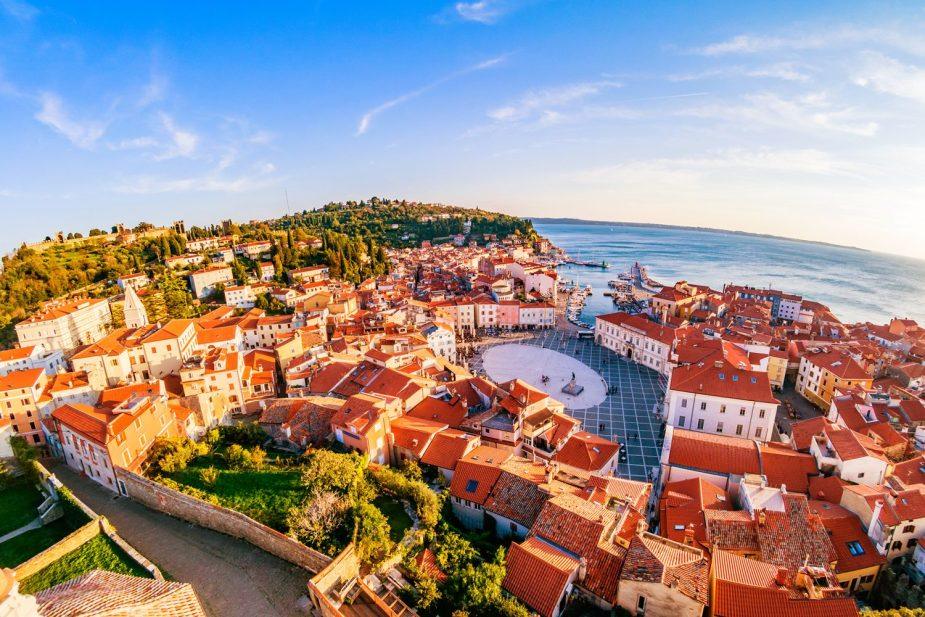
A residence permit of Slovenia is a document issued to a foreigner for a specified period of stay in the country (usually up to 12 months with the right to renew). The residence permit allows its holder to also visit Schengen countries without obtaining an entry permit.
Applicants can apply for a resident card of the Republic of Slovenia if they have a legal basis for staying in the country. The applicant must also meet a number of conditions, such as the absence of a criminal record and the presence of financial security. A foreigner applies for a Slovenian residence permit at the consulate or embassy in the country of residence.
With a Slovenian resident card in 2025 a foreigner receives the following rights and privileges:
Immigrantinlaw lawyers offer a free consultation to clarify the specifics of simplified relocation to Slovenia. Specialists assist clients in obtaining Slovenian residency and citizenship quickly and legally.
Residence permits in Slovenia can be classified by the method of registration, for example, for:
In addition to the usual residence permit, the republic has a single permit for temporary residence and work - eBDP (Enotna dovoljenja). This document allows a foreigner to immigrate and get a job in a local company.
Submit an application form and we'll get back to you!
According to the “Law on Foreigners”, applicants can obtain a permit for temporary residence in Slovenia on the following grounds:
The primary resident card of Slovenia is provided to the applicant for a maximum of one year with the right to renew. The deadlines for making a decision on the request are not regulated by law, but according to the reviews of immigrants, it takes up to 2-3 months from the moment of application to issue a residence permit in the republic. Most types of residence in the country can be extended if the applicant retains a legal reason for staying in the country.
A foreigner can claim the status of a permanent resident after 5 years from receiving the first residence permit. The total census of residence for naturalization and obtaining Slovenian citizenship is 10 years. The costs of opening a residence permit (administrative fees) in the republic are specified in the table below.
| Category of expenses | Cost, € |
| Request for a residence permit | 13 |
| Primary residence permit | 102 |
| Common permit (eDBP) | 70 |
| Temporary resident card | 15 |
| Services of a notary/translator | from 15 per page |
Foreigners who have been hired for a vacancy in a private or state local organization can arrange a permit for temporary residence and work in Slovenia. The inviting company in the country arranges a request for the employment of an immigrant. After approval from the authorities, the parties sign an employment contract, with which the applicant visits the diplomatic representation of Slovenia and requests a resident card. It is possible to employ a foreigner as a seasonal worker with a permit for a period of 6-9 months.
Self-employed persons have the opportunity to obtain residency of Slovenia subject to the approval of the Commercial Register. The applicant can open a business and work in the profession as an individual entrepreneur without the possibility of employment in other companies of the republic. The state does not set limits on the amount of start-up capital of an individual entrepreneur, however, the applicant must have sufficient financial security for independent living - approximately 600-700 EUR per month as of 2025.
Persons sent on a business trip or transferred to the republican branch of an international organization can become Slovenian residents. A residence permit is also granted to persons for intra-corporate transfers in EU countries. The applicant needs to have an employment contract or similar confirmation of activity that will be carried out in the republic when applying.
Along with other EU countries, Slovenia provides foreigners with an EU Blue Card - a special type of residence and work permit for persons with in-demand qualifications. The applicant must be employed in the republic in a specialty, have the appropriate education and future salary in the amount of one and a half average rates for the chosen profession in the country. Unlike a regular residence permit, the EU Blue Card is issued to a foreigner immediately for two years with the right to reissue for another 36 months.
Arranging a Slovenian residence permit is available for foreigners who plan to study in the republic. This category of applicants includes students of local and foreign universities (within the framework of student exchange programs), graduate students, doctoral students. Foreigners can attend language courses in Slovenia to obtain a residence permit, come as unpaid interns or persons wishing to improve their qualification level in the existing specialty. This type of temporary residence permit allows applicants to work, as well as apply for a resident card to search for suitable vacancies after completing their studies.
Persons planning to move to a close relative from among the owners of a passport, residence permit or permanent residence of the republic can become Slovenian residents. Suitable family members are legal spouses, children under the age of 18, parents of a minor host party. Other relatives of Slovenian citizens or residents can request a residence permit, provided that they or the inviting person require constant care and/or provision. Owners of a residence permit in the republic can invite family members to them, provided that they have lived in the country for more than a year, and their status is valid for at least another 12 months.
A permit for temporary residence in Slovenia is granted to recognized refugees, persons in need of temporary asylum due to military aggression, applicants for international protection for various reasons (for example, due to persecution at home due to Nazism or racism). A residence permit is also granted to victims of labor or sexual exploitation, provided they cooperate with law enforcement agencies responsible for investigating the incident.
Submit an application form and we'll get back to you!
Resident status of Slovenia is available for:
The corresponding legislative basis for a foreigner should be confirmed documentarily. For example, when buying real estate in Slovenia, the applicant provides a certificate of property registration to the authorized bodies, in case of working in a local research institute - an official invitation. It is possible to arrange a residence permit for pensioners, recipients of compensation for the period of unemployment or maternity leave in the republic. Residence in Slovenia for investments is not provided, however, the applicant can invest funds in the purchase of a residential object or opening a business and arrange a residence permit on this basis.
Citizens of the European Union have the opportunity to live permanently in Slovenia without obtaining the status of a local resident. Applicants just need to register the address of stay in the republic, contacting the appropriate administrative unit (municipality) within 3 months from the moment of moving. If a relative who does not have an EU passport immigrates with a foreigner, he should arrange a local residence permit for family reunification.
During a free consultation, Immigrantinlaw lawyers explain all the key points of securing residency and citizenship in Slovenia through simplified processes, helping clients relocate legally and efficiently.
Arranging a residence permit in Slovenia for foreigners requires a reason for moving to the country. The exception is made by citizens of the European Union, who have the opportunity to live in the republic for an unlimited period without additional documentary requirements. EU passport holders have the right to work, study, serve in banks and hospitals in Slovenia on the same terms as the indigenous population.
There is an opportunity to arrange citizenship of the European Union through an accelerated procedure within 12 months. Applicants do not need to demonstrate income level, knowledge of a foreign language or previously live abroad. You can check the right to receive an EU passport under a simplified repatriation program (for example, in Romania, Poland or Bulgaria) with the help of migration specialists.
Persons wishing to become owners of resident status in Slovenia, step by step perform the following steps:
Immigrantinlaw’s migration specialists provide a consultation covering the details of a simplified move to Slovenia. Their legal team helps clients acquire Slovenian residency and citizenship legally and in the shortest time possible.
A permit for temporary residence in Slovenia is not issued to persons who are trying to obtain it using fake documents or unreliable information about themselves. A frequent reason for refusing a residence permit application is a lack of certain certificates or incorrect dossier preparation. Requests for a resident card are not approved for persons convicted of various crimes (including abroad), and those who may pose a threat to the republic. Applicants can avoid refusal to receive a Slovenian residence permit by contacting migration lawyers who take on most of the tasks in the procedure.
Persons who have moved to Slovenia note in their reviews the smooth work of migration authorities, the ability to easily arrange resident status thanks to a large number of legal grounds. Foreigners like the simplicity of adaptation, in particular - the friendliness of the population of the republic and the state language easy to learn for Slavs. Applicants attribute to the disadvantages of moving a long naturalization in the republic (from 10 years) and the need to regularly extend the residence permit, proving the legality of staying in the country. Many people immigrate to Slovenia under the repatriation program or with a passport of another EU country, avoiding bureaucratic obstacles. Details on simplified relocation can be obtained during a consultation with Immigrantinlaw lawyers.
Get more information about the peculiarities of immigration to the EU at a free consultation
How to Get Citizenship of Greece
31 January
Citizenship in Greece is the legal conection between you and the country, regulated by the Constitution and related laws, providing...
How to Obtain Maltese Citizenship and Passport in 2025: A Complete Guide
14 March
Many people are interested in the conditions of citizenship registration in Malta - a warm, safe and inexpensive country located...
Immigration to Spain for Permanent Residence
26 August
Moving to Spain is possible if there is a reason to open local residency. The reason for obtaining a residence...
Immigration to France for Permanent Residence
2 December
Permanent residence in France - the status of permanent resident, which practically equalizes you in rights with the citizens of...
How to Get Сitizenship of Romania
6 January
Romanian Citizenship is a status that confirms the relationship of an individual with this state, and is regulated by the norms...
Obtaining Belgian Residence Permit for Foreigners
8 July
The Belgian residence status allows you to stay in the state for a specified period (usually up to 12 months)...
Discover
new opportunities
with a European Union passport!
Submit the application form and we will call you back!
Leave a request
Contacts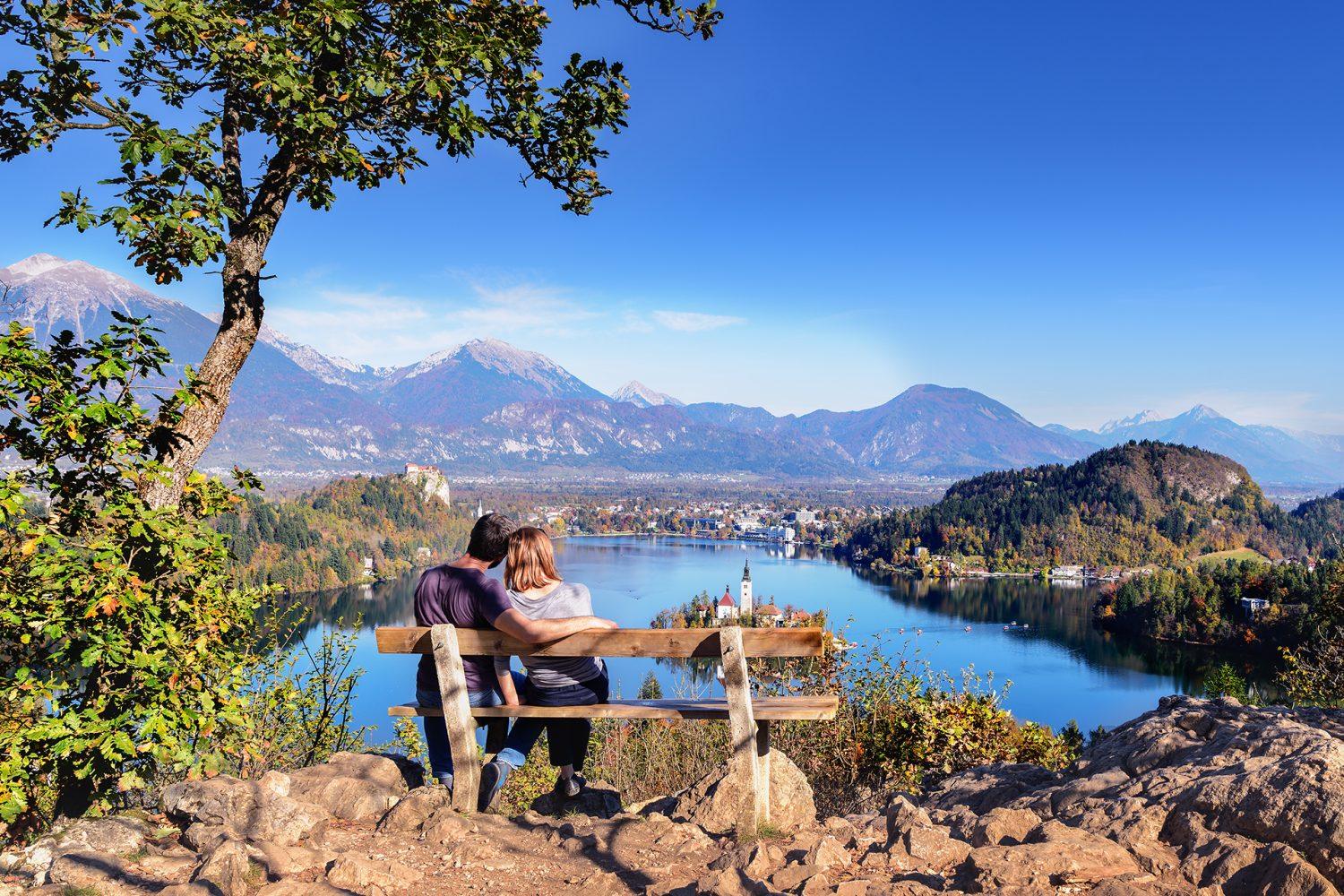


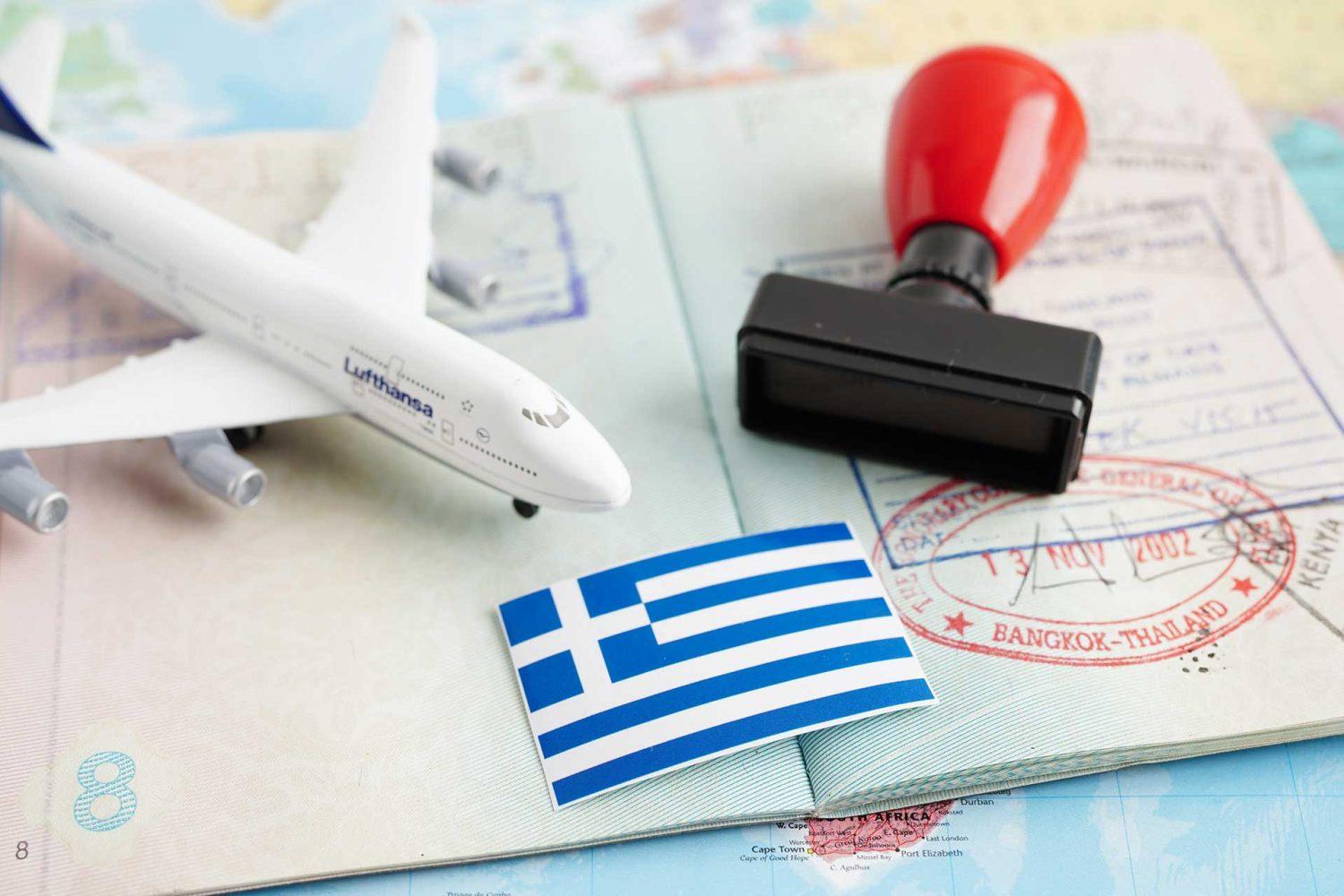
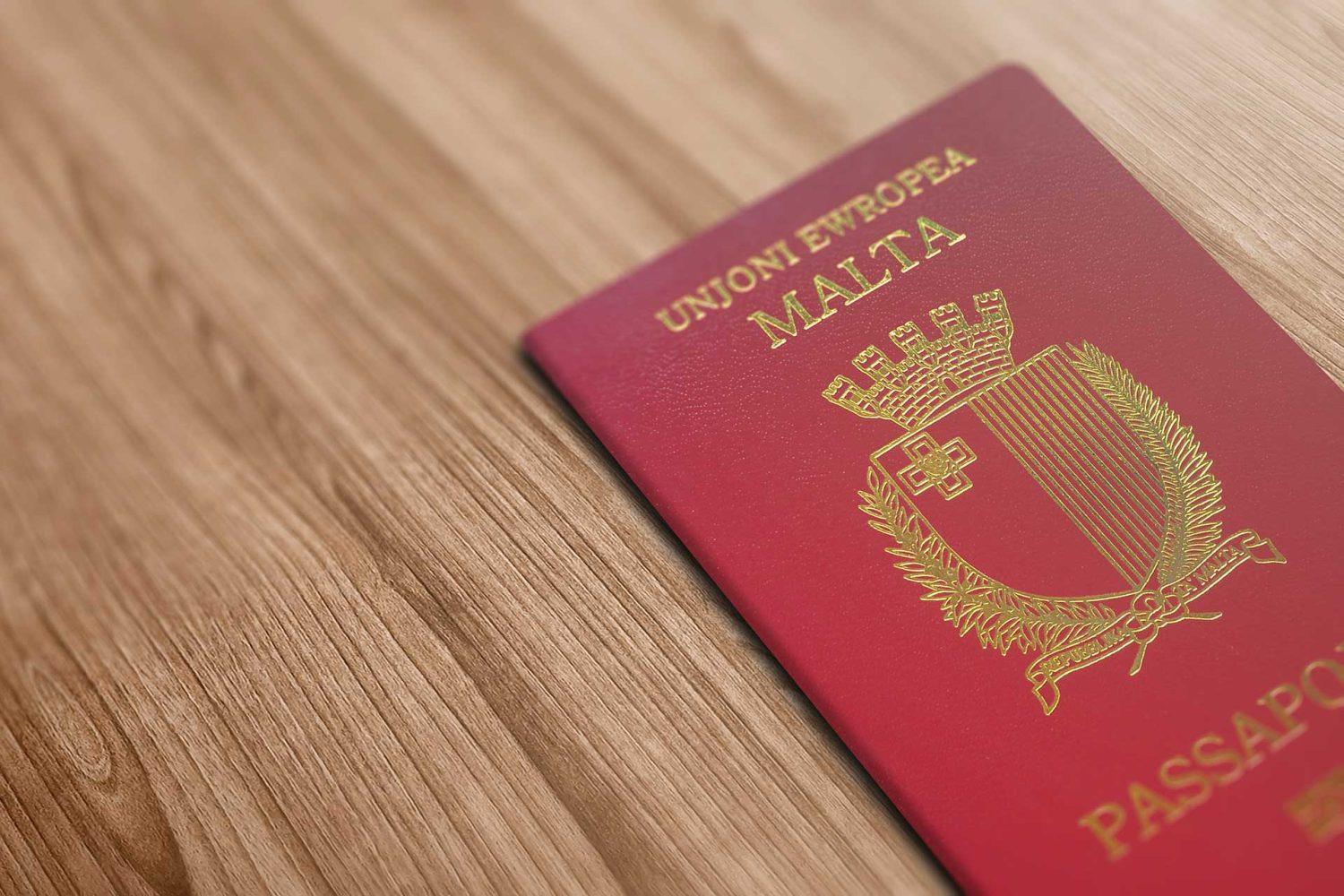
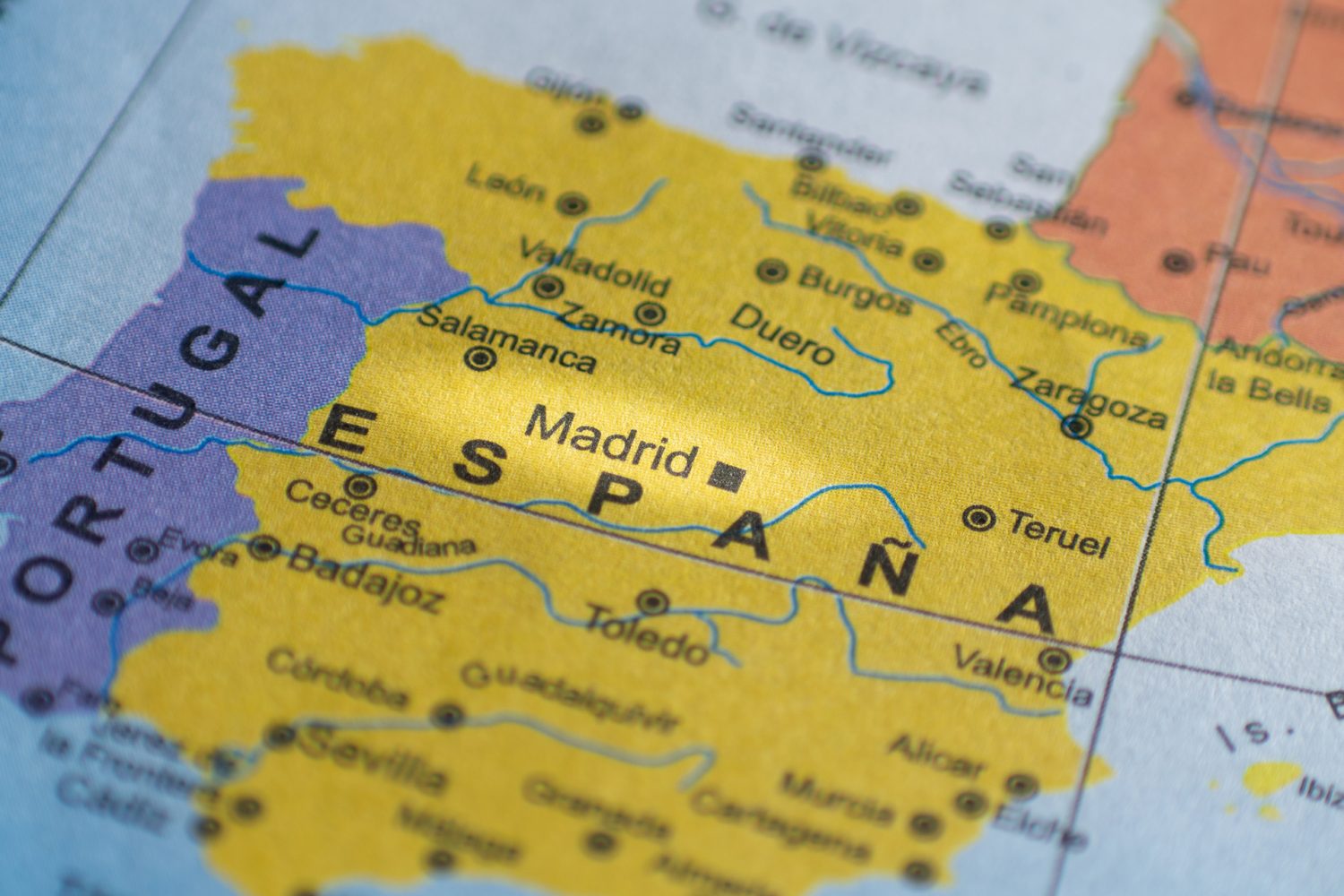

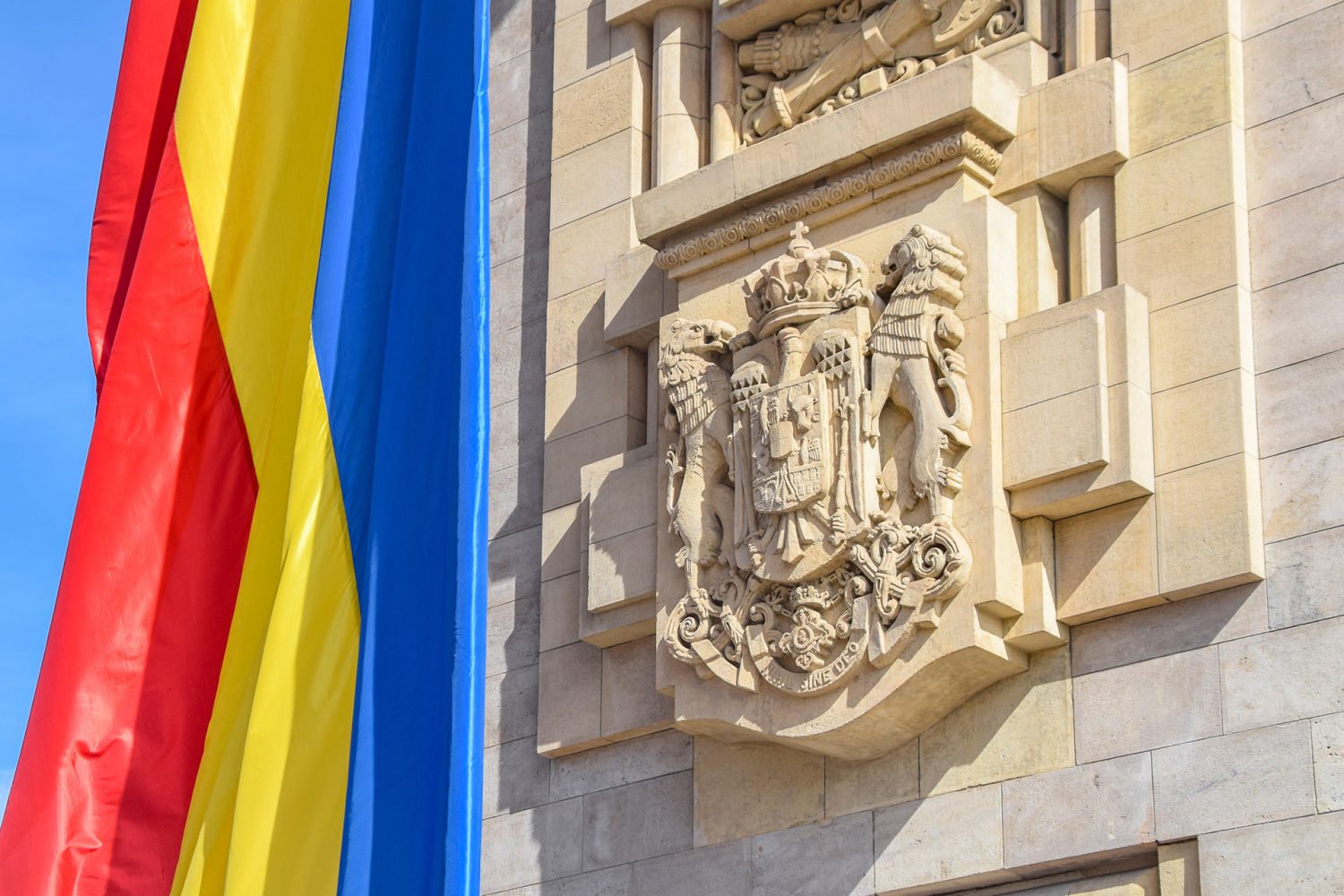
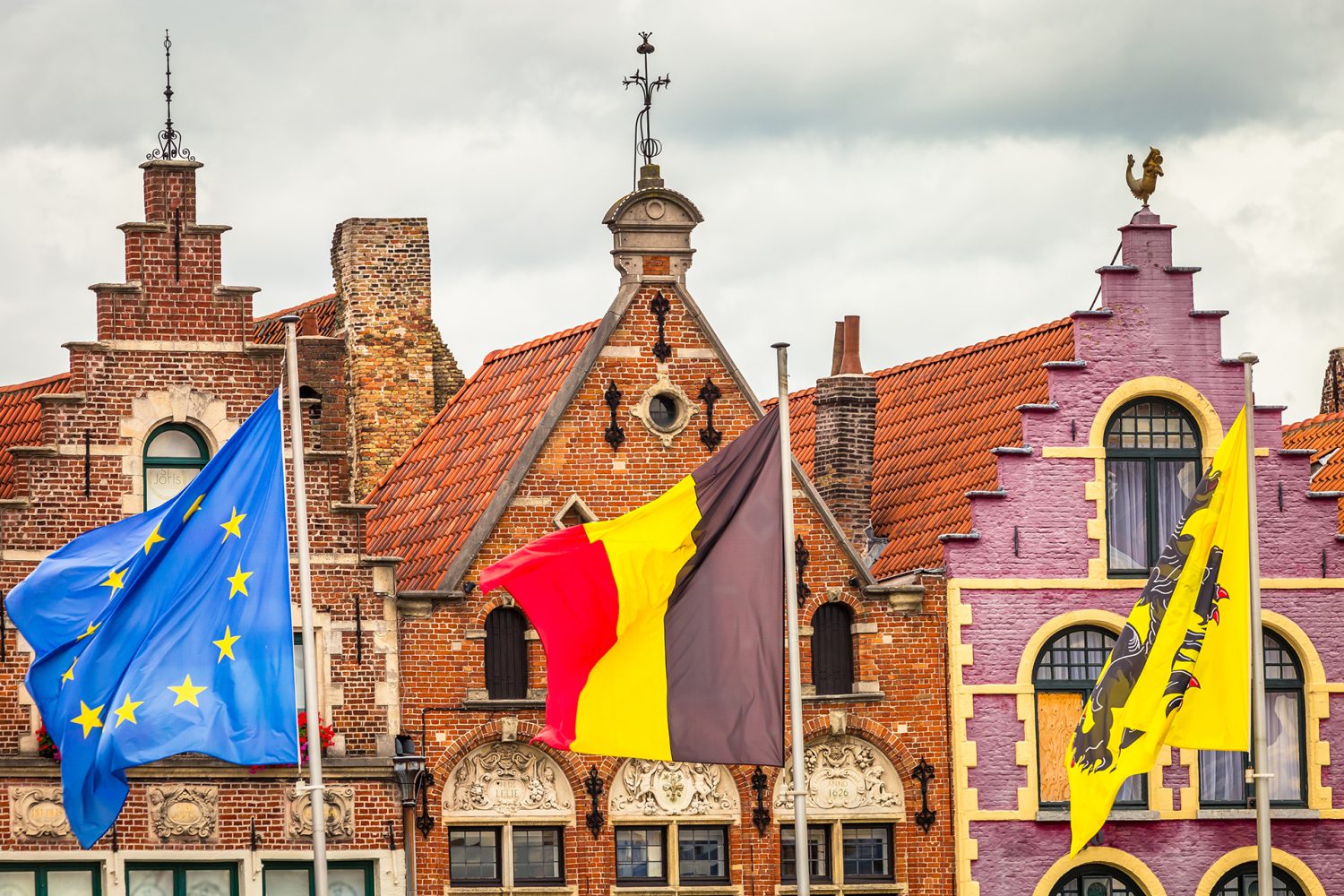

Sally Albijanich
I’m interested in obtaining a temporary residence permit in Slovenia. I am a retired American. Would I be eligible to apply for the permit. My monthly pension is 3000 dollars a month, with additional savings. I would appreciate your help.
Diana Weber
Dear Sally,
As a retired American citizen, you may be eligible to apply for a temporary residence permit in Slovenia. While Slovenia does not offer a specific retirement visa for non-EU citizens, the temporary residence permit can serve this purpose. For personalized assistance, consider consulting with our immigration professionals experienced in Slovenian residency procedures.
Kind regards, Diana Weber.
CHUKWUAGOZIE CHIBUOGWU OBED
I am interested in obtaining a residency permit of Slovenia. So I need more explanations and clearifications.
Diana Weber
Hello! If you’re interested in obtaining a residency permit in Slovenia, we’d be happy to assist you with detailed explanations. Please leave a request on our website to get a free consultation from our experts. We’re here to help you every step of the way!
Biyagil Dambelleh
I want a Schengen visa
Diana Weber
Hello! Leave a request for a free consultation, and our specialists will help you with obtaining a Schengen visa.
Pengcheng Mo
Hi,
One of my friends from China plans to expand his construction business and thus form a construction company in Slovenia and he was wondering if you can help him with that? Also, is it possible to hire Chinese construction worker to work in Slovenia?
Thank you!
BR
Pengcheng Mo
Diana Weber
Hello Pengcheng Mo,
Thank you for your inquiry! Establishing a business in Slovenia, including a construction company, becomes much simpler if your friend has Slovenian citizenship. It can be obtained through a streamlined process with the assistance of our specialists.
For detailed guidance and a personalized consultation, please leave a request with us. We’ll be happy to assist with both the citizenship process and setting up the business.
Best regards,
Diana Weber, international law specialist at Immigrantinlaw.